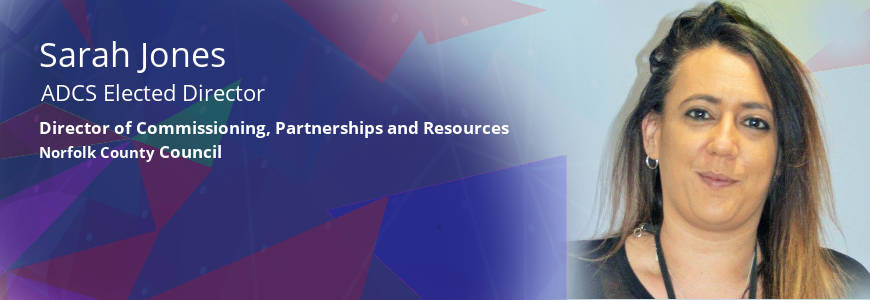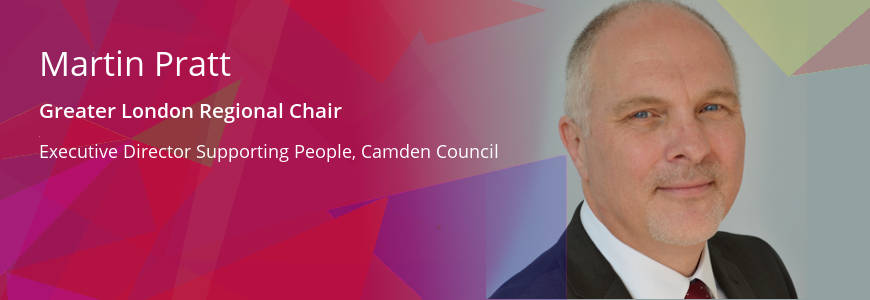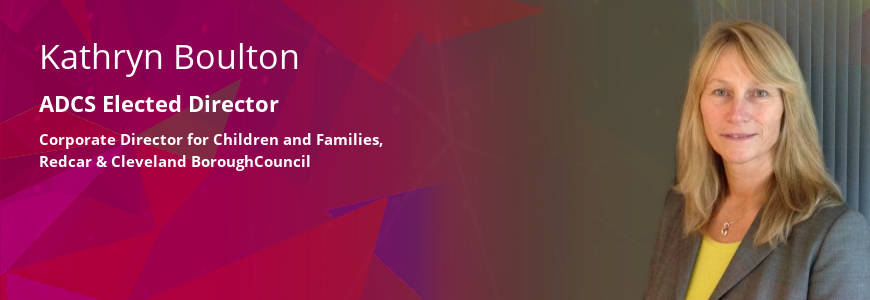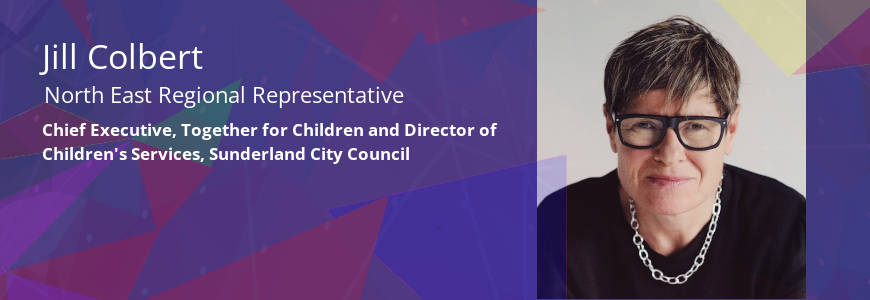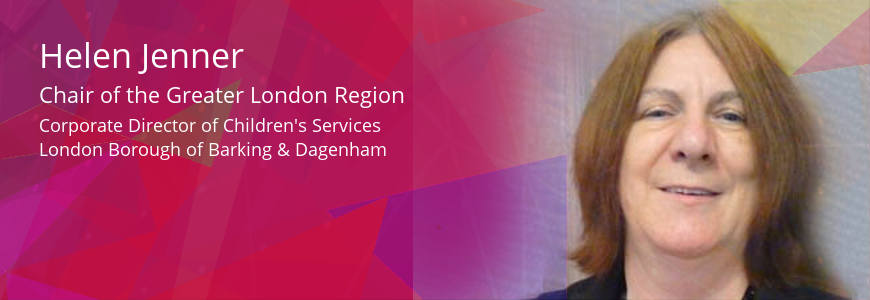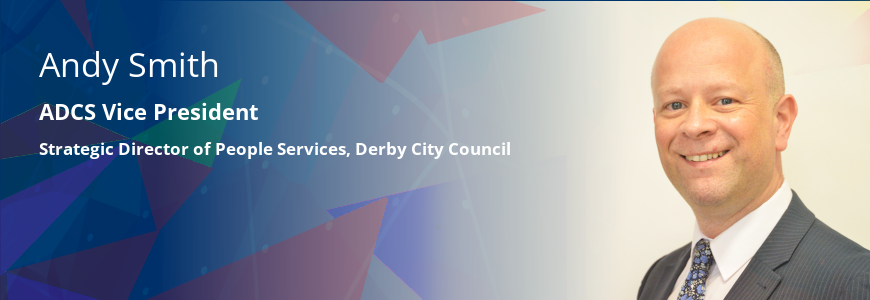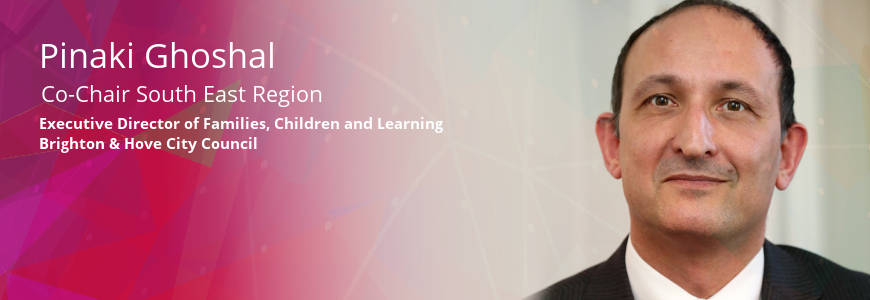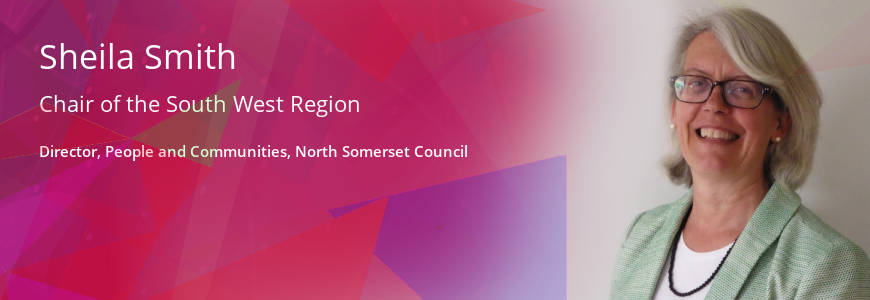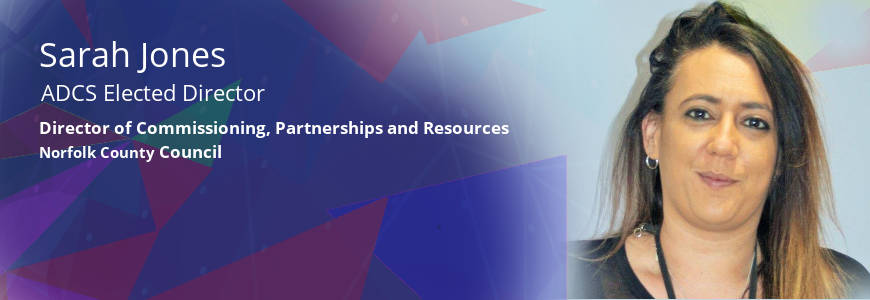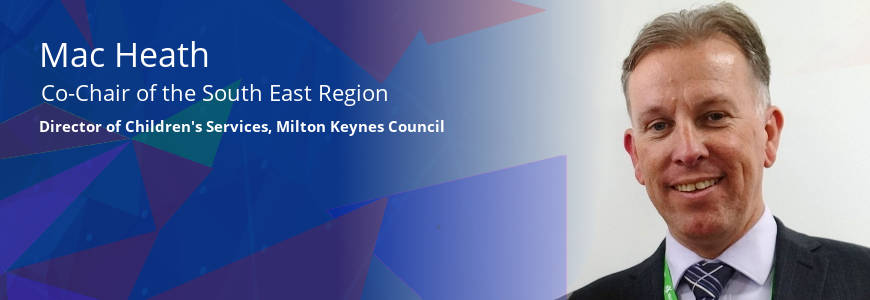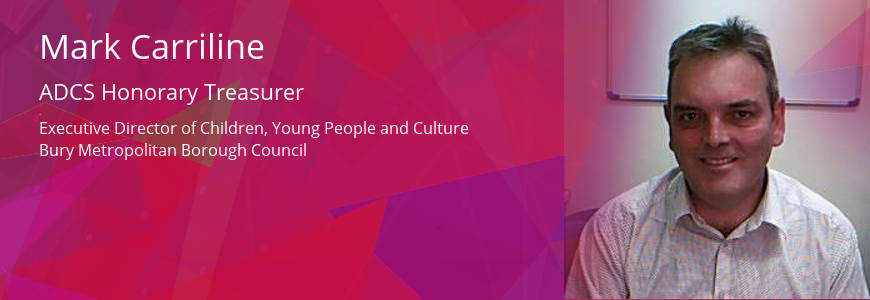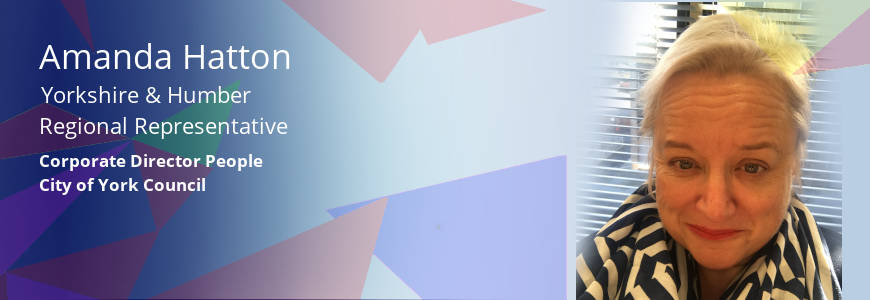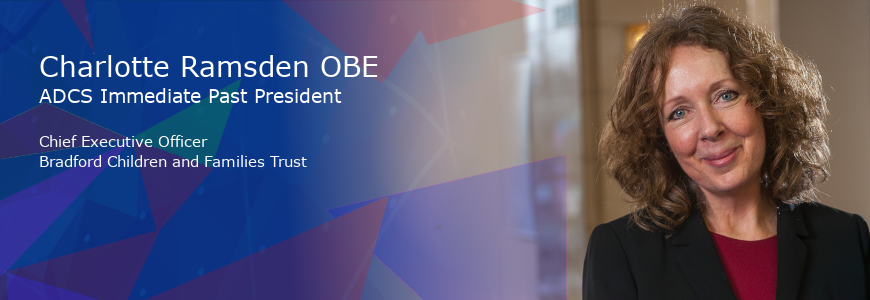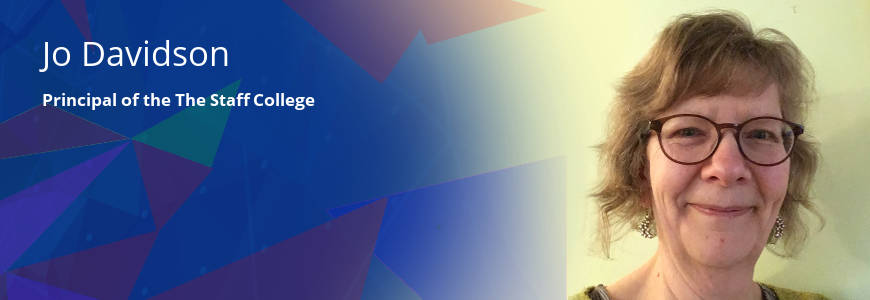What we know...
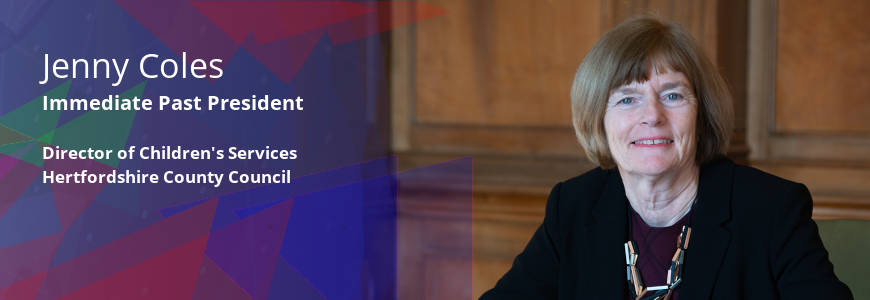
So, as I move into the last few weeks of being a DCS, my colleagues in the Eastern Region very generously gave me the chance to have a last word! I was going to write about the power of collective leadership and support that we experience through our regional networks (and which has sustained me personally for so long with my fabulous Herts team and ER colleagues!) and I will come to this. However, over the last 2 weeks the children’s services team here in Hertfordshire, alongside inspection colleagues, have been reflecting again on the impact of relationship-based practice, particularly with teenagers and how this then shapes the framework for developing the practice approach. I therefore thought I’d share a few of our thoughts.
I can’t believe it’s over seven years since the ADCS Families, Communities & Young People Policy Committee instigated a conversation on adolescents and risk, and Dez Holmes took this forward with Research in Practice to produce That Difficult Age: Developing a more effective response to risks in adolescence. This paper challenged and encouraged us to focus on what we know rather than continue to be constrained by the systems we have. I do think since then we are, and continue to be, less constrained. Research, evidence-based practice, sharing “what we know”, and listening to young people, have all supported us in this. Developing relationship-based practice has played a key part– we know a positive relationship with a trusted adult is critical to understanding how young people view their lives and then being able to build resilience. It underpins a personalised approach and enables us to work alongside and co-produce rather than direct. To listen to social workers, youth workers, police and health colleagues talk about their relationships with young people and families over the last couple of weeks as we reviewed our practice, and to see how this is really influencing policy and our multiagency approach for broader contextual safeguarding and early work on transitional safeguarding is inspiring! It is very clearly developing and putting in place what we know.
Relationships we know provide the basis for what we do every day as leaders and promote a collective responsibility and leadership. I’ve also done quite a lot of reflecting on this over the last few weeks. Collective and relationship-based leadership from within our senior teams and from our regional networks is what we know makes a very real difference. It promotes trust and openness and enables us to work alongside each other to challenge effectively. This is why sector led improvement is so powerful at demonstrating change. And probably this has never been shown more effectively than over the last 18 months through our collective and relationship-based leadership within ADCS.
This is what we know and we should be confident to say it loudly at every opportunity. I’m not going to write further paragraphs on transference and projection within relationships you will be pleased to know (although I wouldn’t mind!). So, in conclusion for my last very short blog, the final word(s) are of course what we know – it’s Happy Friday and have a good weekend!
Related Blog Articles
Well this is my first blog since being elected to the ADCS Board in November. I...
In General
I don’t know about you, but I find that sometimes there’s an alignment...
In Leadership
Like many of you, I was fortunate to join some of the sessions at the online...
In Leadership
Like me, many of you might be relieved that a serving MP wasn’t the winner of...
In Leadership
This is an interesting week to have the responsibility for the ADCS blog. We now...
In General
I’m writing this blog just a few days after returning from the ADCS Annual...
In Leadership
At a recent regional meeting of the South East ADCS group we were joined by a...
In General
In the middle of this week I had a blast from the past as we welcomed the...
In Care
It’s been three years since I wrote my first blog for ADCS, based on Wonder...
In Care
A couple of weeks ago I welcomed LGA colleagues to support our development work...
In Inspection & Improvement
Next week sees what is for me the professional highlight of the year – our...
In General
For many of us it will have been some time since we heard those words in an...
In Leadership
As I write my final ADCS blog as Immediate Past President and prepare to hand...
In Leadership
As a proud participant in ‘cohort 2’ of the national DCS programme in 2010,...

